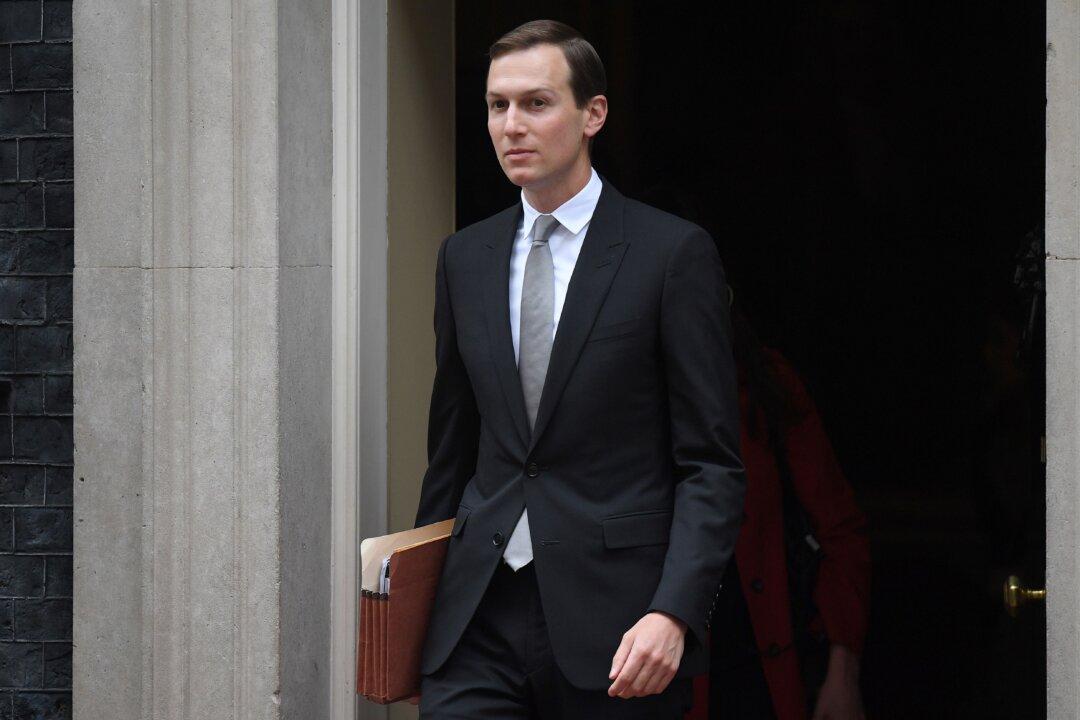The White House on June 22 announced details of an economic plan for the Middle East that could create more than $50 billion in new investments over a 10-year period.
The new plan, titled “Peace to Prosperity,“ describes itself as a vision ”to empower the Palestinian people,” and aims at unleashing the territories’ economic potential and enhancing their governance. It would create a global investment fund to lift the Palestinian and neighboring Arab states’ economies, and fund a $5 billion transportation corridor to connect the West Bank and Gaza.





